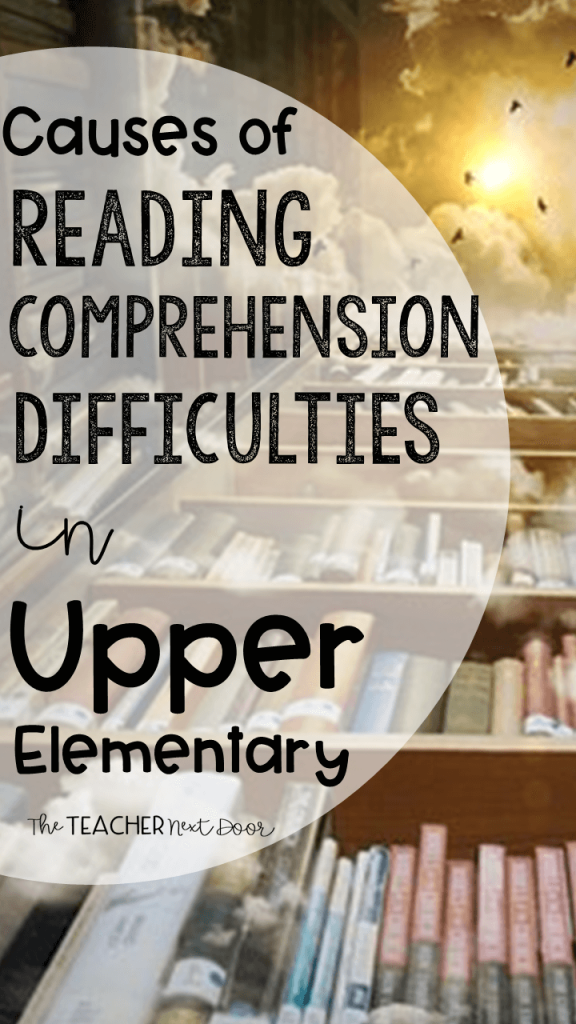
Reading Comprehension is the overarching goal of reading instruction. If kids can’t understand what they read, we, as teachers and parents, often start looking for the cause of the difficulty, and then we look for solutions!
The cause can be difficult to pinpoint because there are so many causes of reading comprehension difficulties. While they may show up at any age, they often start to become more noticeable in upper elementary, when the student enters third or fourth grade.
In early elementary, students are asked to learn to read. But in upper elementary, students are starting to move into texts which ask them to read to learn.
These more complex texts require additional background knowledge and more advanced vocabulary, which makes them much more challenging for the struggling reader.
Here are some of the causes of reading comprehension difficulties:
1. Oral Language Deficit:
Kids who have limited vocabularies and oral language fluency issues have a much more difficult time comprehending the text.
This includes not only English Language Learners, but kids who come from homes without many books or without a focus on literacy.
The good news is that there have been several studies that show that students who receive spoken language training show remarkable gains in reading comprehension too.
2. Decoding Difficulties:
Students who do not have a strong grasp of phonics and word attack skills will spend most of their energy focusing on single words, rather than the passage as a cohesive unit.
This hyper-focus on decoding is exhausting mentally and results in poor comprehension.
3. Working Memory Overload:
This one is actually related to decoding difficulties. When reading is a chore and students take a long time to decode, their working memory overloads.
They aren’t able to retain a clear understanding of the text since the memory is filled with decoding struggles. This is very common with many struggling readers, especially those who have ADD/ADHD.
4. Executive Functioning Disorder (EFD):
We use Executive Functioning Skills to help us plan, organize, complete tasks, and to be flexible in our strategies as we complete things. Struggling readers often have poor executive functioning skills.
Struggling readers usually find it difficult to self-monitor (an extremely important reading skill) which makes it more difficult to keep track of a story’s organization and its meaning. This frustration often leads to students giving up before completing the passage.
5. Disinterest or Boredom:
Difficult tasks are often ones that students try to avoid. If reading is seen as boring, or overly difficult, students will avoid it, not fully engage with the text, or give up quickly.
Students with ADD/ADHD may be particularly prone to have difficulty concentrating on reading, especially when the text isn’t interesting or it’s overly-challenging.
6. Visual Processing Disorder:
Students dealing with a visual processing disorder will find comprehension difficult when they unintentionally skip words, skip lines, reverse letters and/or numbers, and have poor eye-hand coordination.
7. Aphasia and Dysphasia:
Students who have aphasia or dysphasia may have been impacted by a brain injury, a tumor, or a virus. These students will most likely have speech difficulties as well and may need to work with a speech therapist or a neurologist.
As you can see, there are a number of causes that may lead to reading comprehension difficulties.
Many times, students will have a combination of causes that add to reading comprehension problems.
Thankfully, reading comprehension is not static and can be improved with concentrated practice, time, and strong comprehension instructional strategies.
I’ll be detailing some important reading comprehension solutions in a future post.
To read more about reading comprehension in the upper grades, you might be interested in these posts:
The Best Reading Comprehension Strategies for Upper Elementary
Reading Comprehension Fix-Up Strategies for Upper Elementary
Using Think Alouds to Increase Comprehension in Upper Elementary
Signs of Comprehension Difficulties in Upper Elementary
Also, if you’re looking for reading resources for 3rd – 5th which are time-saving for teachers, aligned to key reading standards, and are engaging for kids, you might like to visit my store. Click here to take a look!
Thanks for stopping by!


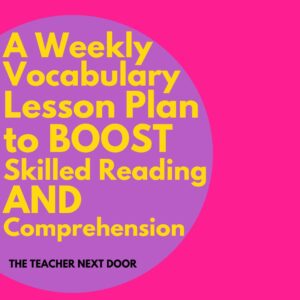
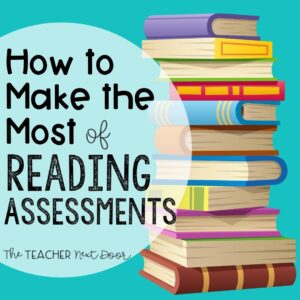

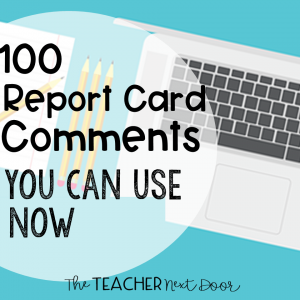
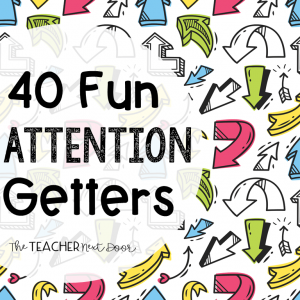
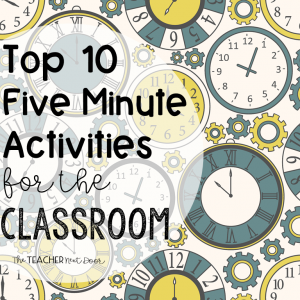


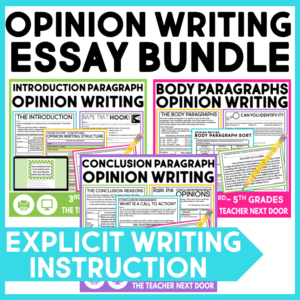

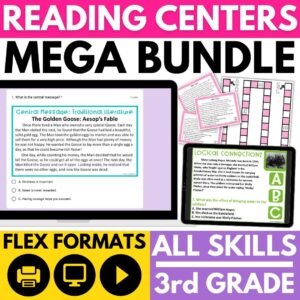
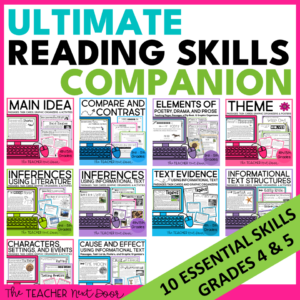
![DAY THREE DROPS! ⬇️⬇️⬇️
👉 Today, you can…
✔️ Grab done-for-you resources to keep your students engaged for $3
✔️ Grab FREE instant download activities!
✔️ Grab all of this week’s deals if you missed any!
ALL 5 of these comprehensive resources from my shop are $3 today to help fight spring fever in your classroom! 🌸🌼🌷
✏️ [BRAND NEW] Step-By-Step Personal Narrative Unit
✏️ Paired Texts Fiction to Nonfiction for Spring
✏️ 4th Grade Morphology & Vocabulary Unit
✏️ Main Idea Unit for 4th & 5th Grades
✏️ Figurative Language Complete Unit for Busy Teachers
Want the link to all the deals and freebies? Comment APRIL PARTY and we’ll send it directly to your DMs! 📫💌
PS - Don’t forget that you can still access all the Day 1 and Day 2 Deals too! 🩷](https://the-teacher-next-door.com/wp-content/plugins/instagram-feed/img/placeholder.png)

